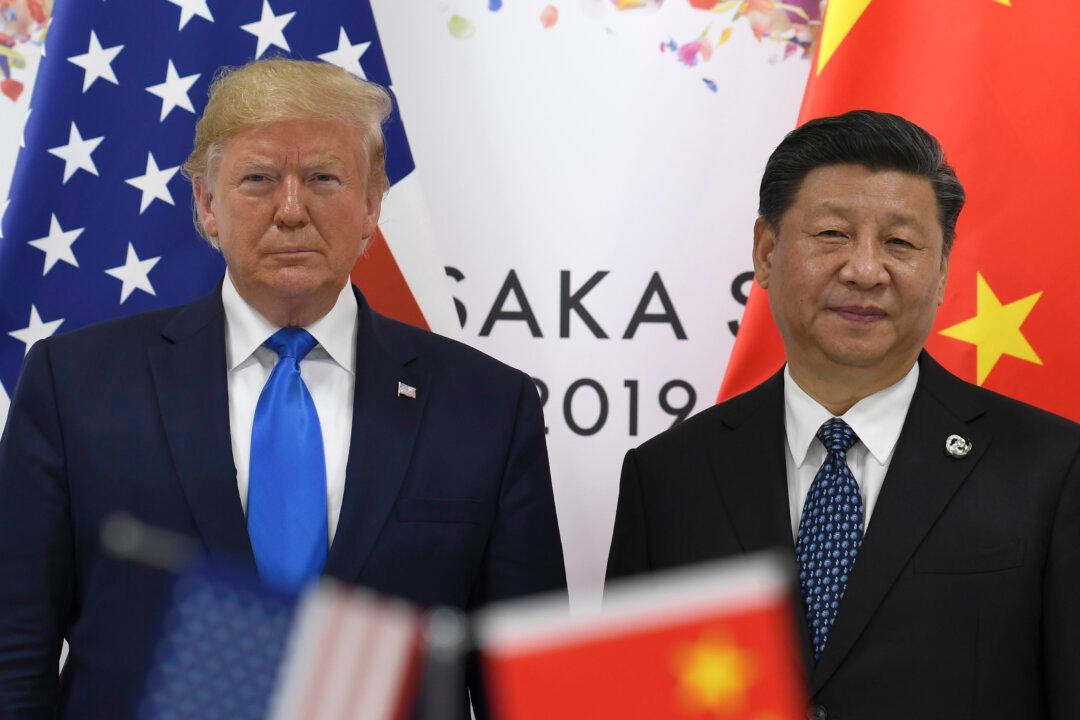The United States is escalating efforts to counter the Chinese regime in response to its malign actions during the pandemic and now, over Hong Kong.
Over the past few months, the Trump administration has vociferously demanded that the regime be held accountable for its coverup of the CCP virus outbreak. It has also enacted measures targeting threats stemming from Beijing, ranging from intellectual property (IP) theft to security risks posed by Chinese telecom giant Huawei.





